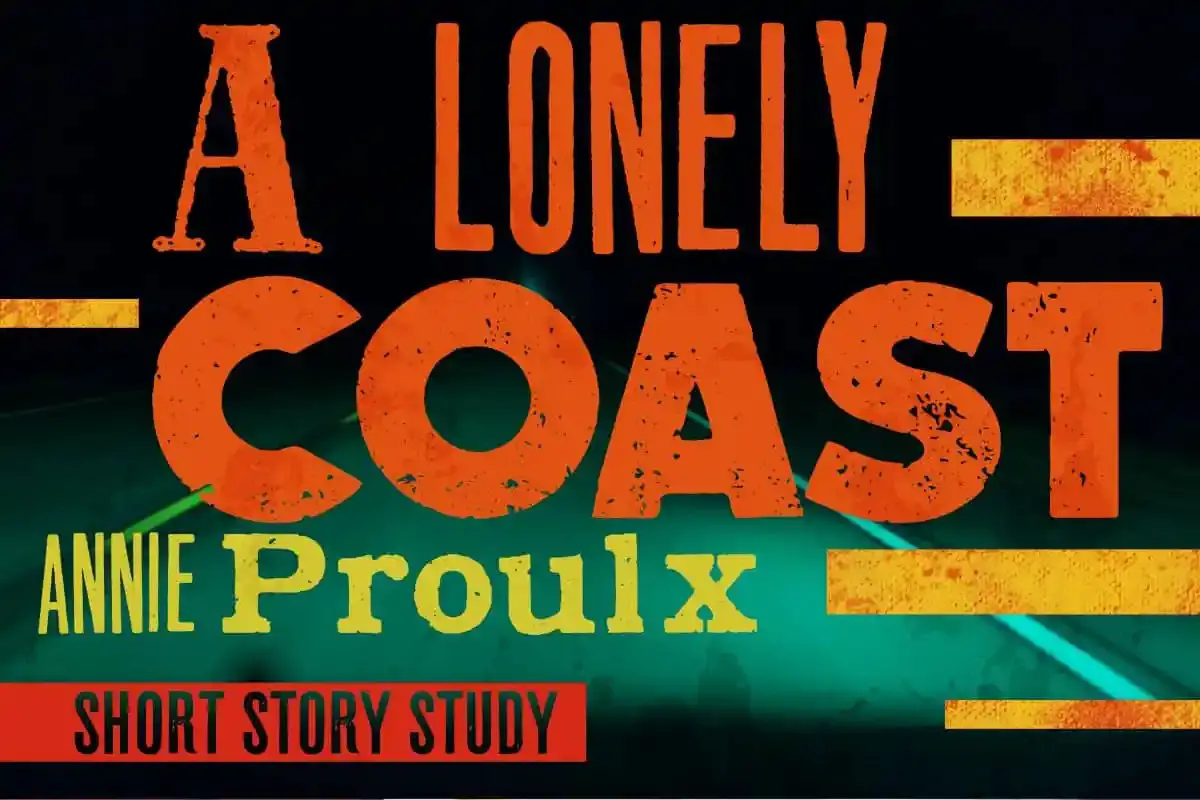-
Lamb To The Slaughter by Roald Dahl Analysis
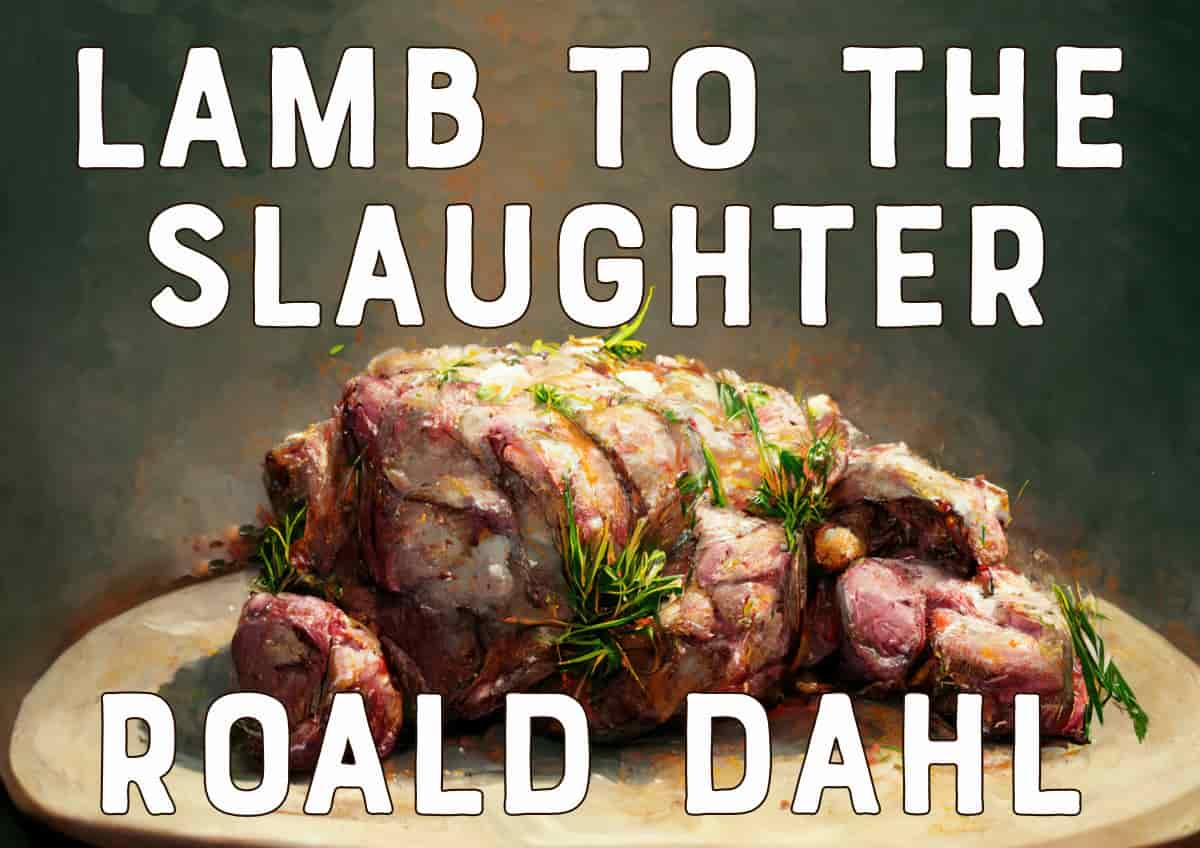
“Lamb to the Slaughter” is one of Roald Dahl’s most widely read short stories, studied in high school English classes around the English speaking world. In this post I take a close look at the structure from a writing point of view. Why has this story found such wide love? What appeals?
-
The Juniper Tree by Lorrie Moore Analysis
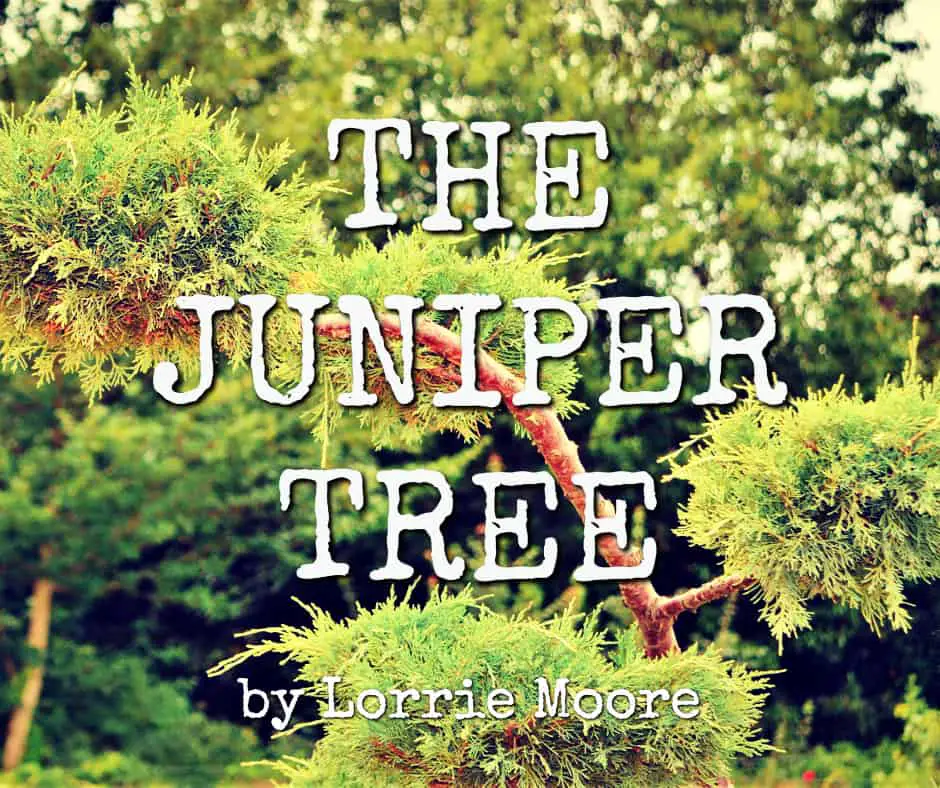
“The Juniper Tree” is a short ghost story by American writer Lorrie Moore, published in the collection Bark (2014). Or is it a ghost story? I interpret this story as a metaphor for the death of middle-aged friendship, and the mourning process one goes through when deciding to let a friend go. WHAT HAPPENS IN […]
-
The Lottery by Shirley Jackson Short Story Analysis
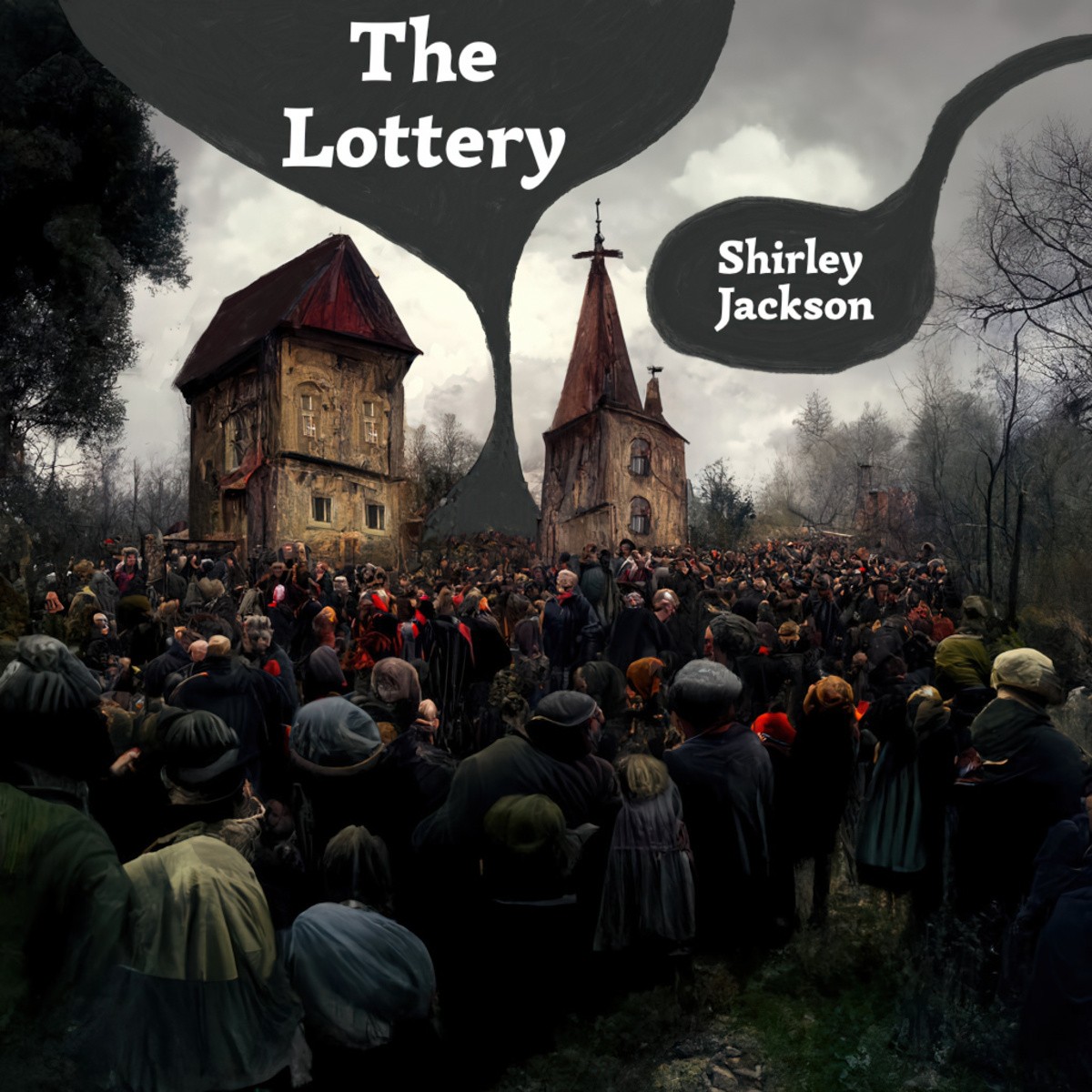
“The Lottery” by Shirley Jackson (1948) was first published in The New Yorker and remains the most controversial story The New Yorker has ever run. The magazine was bombarded with vitriol and many cancelled subscriptions. Some readers were angry because this story ruined their day.
-
Brokeback Mountain by Annie Proulx Short Story Analysis
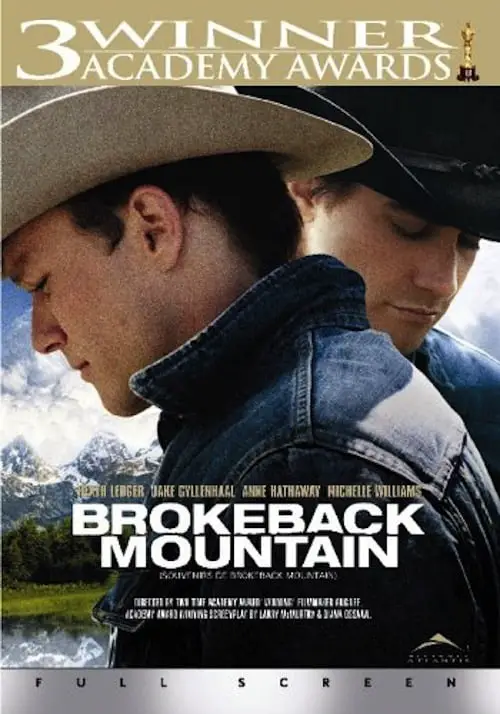
“Brokeback Mountain” is a heart-wrenching short story in part because of its density and one-sitting experience. This is an amazing feat. I mean, it’s so short, right? Normally you need the build-up of an entire novel to induce such strong reactions in readers. Or at least the soundtrack, cinematography and expert acting of a film. Annie […]
-
55 Miles To The Gas Pump by Annie Proulx Short Story Analysis
“55 Miles To The Gas Pump” by Annie Proulx is a concise retelling of “Bluebeard” in a remote, rural American setting.
-
Annie Proulx’s The Governors Of Wyoming Short Story Analysis
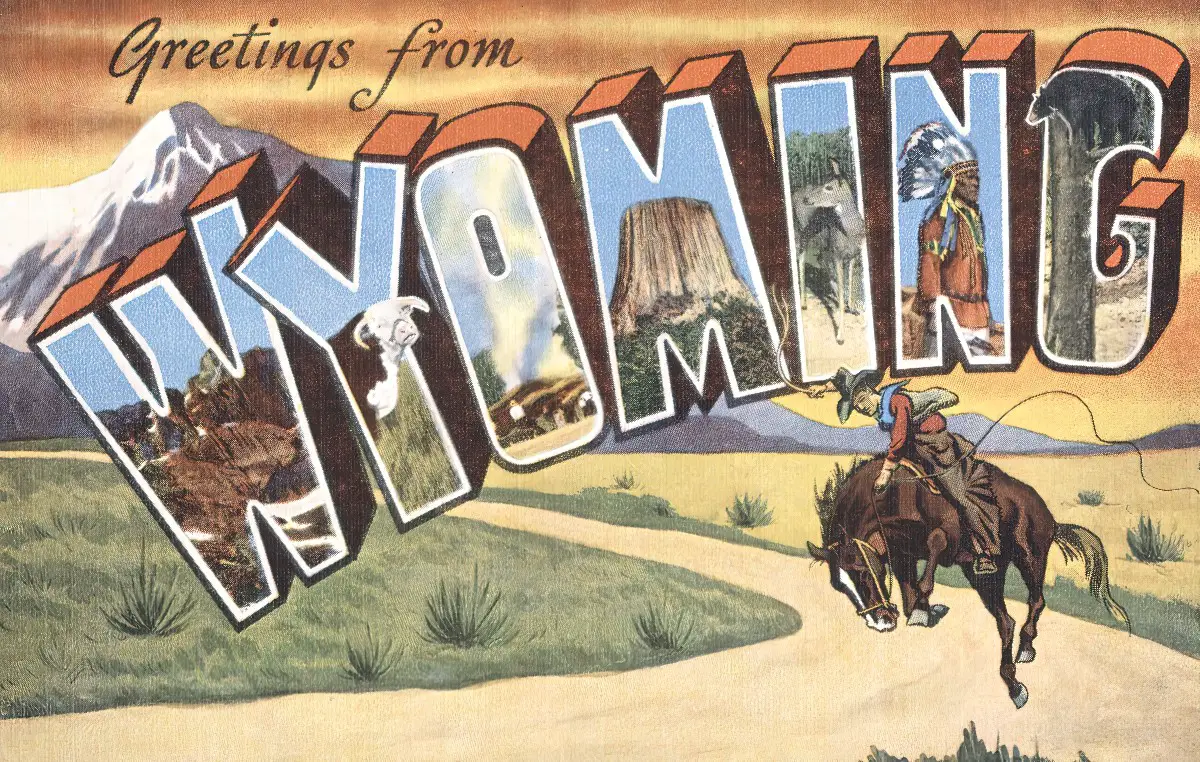
“The Governors Of Wyoming” by Annie Proulx is a short novella — one of her concise sagas — divided into parts. WADE WALLS Our characters are introduced, as well as the dynamics between them. From the title we know to pay close attention to Wade Walls. Renti — chews fruity gum, a small grubby woman […]
-
Annie Proulx’s “Pair A Spurs” Analysis
“Pair a Spurs” is a short story by American author Annie Proulx, published in the collection Brokeback Mountain and Other Stories. SETTING “Pair A Spurs” by Annie Proulx is set on a couple of Wyoming Ranches in the late 1990s SURROUNDING CULTURE Rather than open with landscape, sky-scape and weather, this time Annie Proulx opens […]
-
People In Hell Just Want A Drink Of Water by Annie Proulx Short Story Analysis
“People In Hell Just Want A Drink Of Water”: When it comes to neighbours who’ve been through terrible hardship, no one asks all that much of you. You’re not going to fix their problems, but you can extend just a little kindness and that’ll go a long way. “People In Hell Just Want A Drink […]
-
The Blood Bay by Annie Proulx Short Story Analysis
At around the same time Annie Proulx published “The Blood Bay”, an episode of Six Feet Under saw Claire in big trouble for stealing a severed foot from her family’s funeral business and taking it with her to school. That episode, like this story, was darkly funny and made use of someone’s severed foot. It […]
-
Job History by Annie Proulx Short Story Analysis
Reading “Job History” in 2017, I propose an updated subtitle: “The Life and Times of a Trump Voter”. Annie Proulx doesn’t seem to go public with her voting decisions but her interest in the environment and the ideas in her fiction suggest she’s probably not on board with what’s going on in the USA this year: [Annie Proulx’s] […]
-
The Mud Below by Annie Proulx Short Story Analysis
“The Mud Below” was first published in the 1998 summer issue of The New Yorker and is the second short story in Proulx’s Close Range collection, retitled Close Range: Brokeback Mountain And Other Stories after the movie adaptation.
-
The Half-Skinned Steer by Annie Proulx Short Story Analysis
“The Half-Skinned Steer” by Annie Proulx is, as said by Mary Lee Settle “as real as a pickup truck, as ominous as a fairy tale.”
-
Works to Compare and Contrast with Hilda Bewildered
Hilda Bewildered is an illustrated short story book app published by Slap Happy Larry. Here are some other stories to compare and contrast. Non-fiction: Short: Walking Tall When You’re Not Tall At All Kids of all genders are highly rewarded for conforming to — and exaggerating — our own masculinities and femininities. For women that means: curvaceous […]
